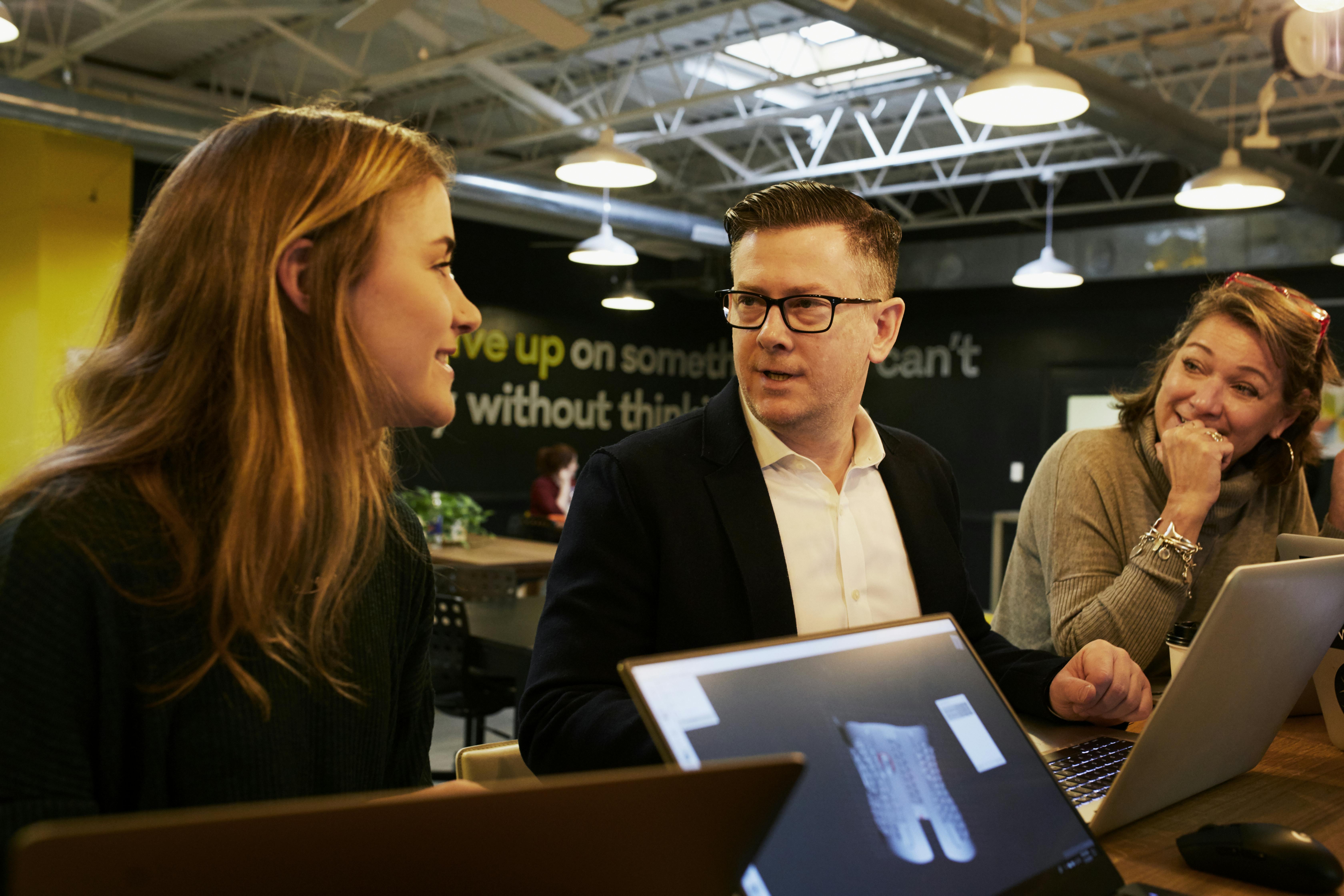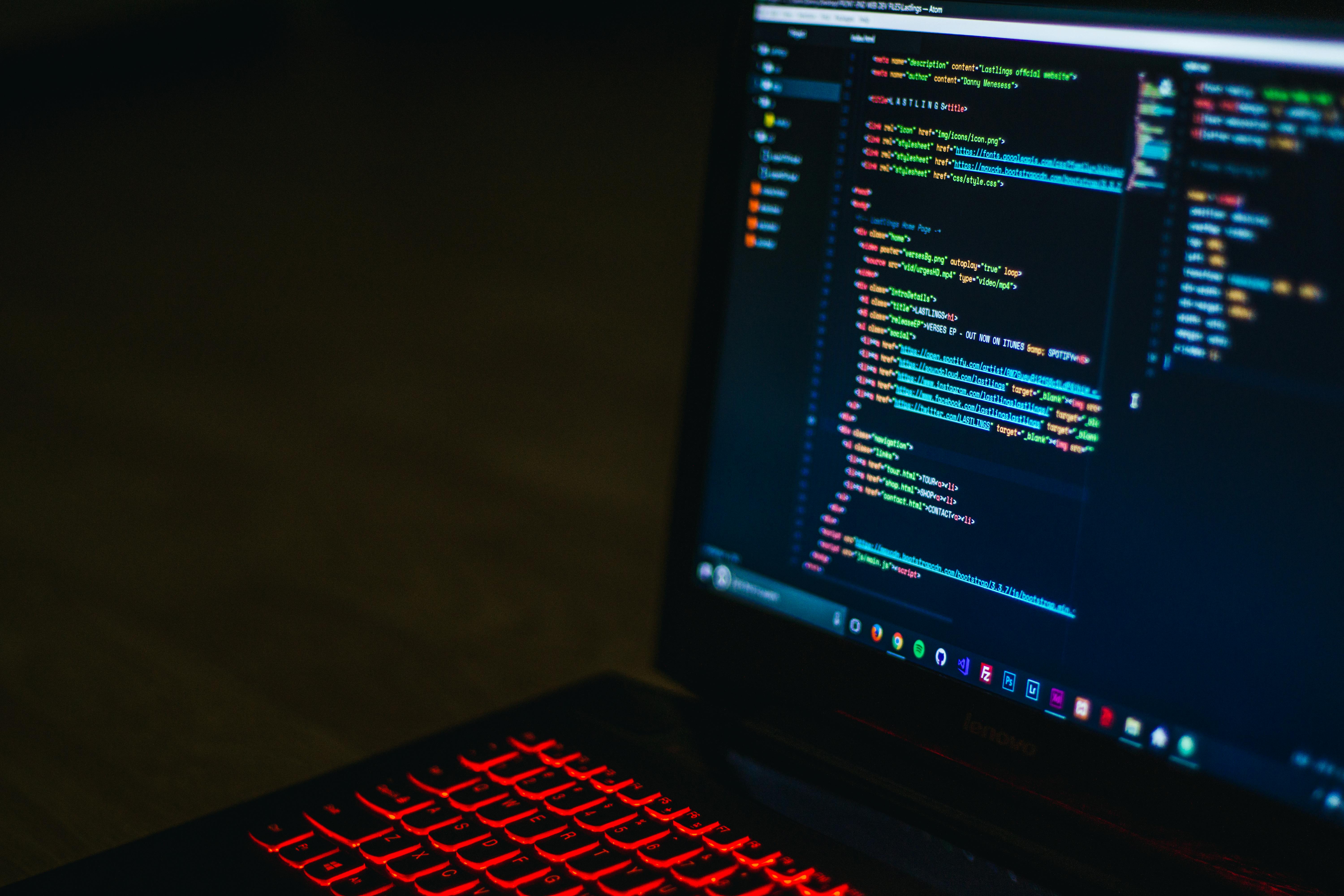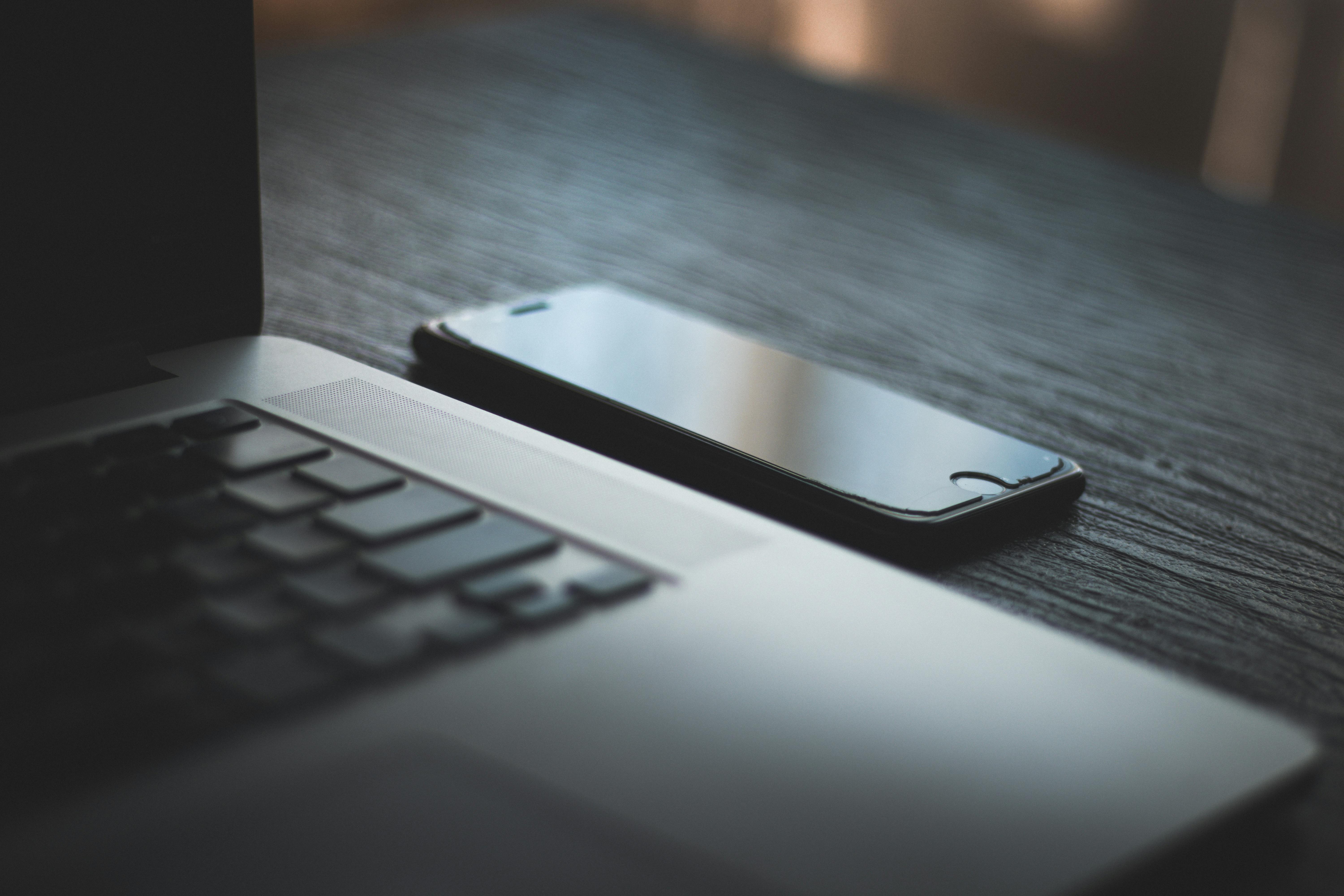About 4 years ago, I was fed up with Microsoft and knew about Linux, I heard it wasn’t that easy to install and use, but I thought I’d give it a try anyway. It’s not difficult at all, that could have been 10 or 12 years ago. In any case, once I found Ubuntu, one of the most popular and easy to use distributions (versions), I found MI Linux. And it wasn’t difficult to install or use. And it’s even easier to get started today than it was 4 years ago.
It’s quite easy to go to the Ubuntu website and download the latest copy in an ISO image format and burn it to disc. But not feeling geeky enough to burn your own ISO image? Or if you don’t have a blazingly fast internet connection. You can always go to shipit.ubuntu.com and request a CD. Or pick up a magazine at Borders or another bookstore that has a rack of computer magazines, but you’ll usually find some Linux magazine that includes a CD that has a distribution. It may or may not be Ubuntu. If you’re not afraid to get into things, there are plenty of other distributions to choose from. They are known as Distros though among the Linux community. Don’t get hung up on this, there’s plenty of time to figure out what these things are, I want to keep this simple for the new person who wants to see things. And for that reason, I will focus on Ubuntu, the most widely used and popular desktop Linux to date. Fedora, the free version of Red Hat Linux comes in second place.
If you go to DistroWatch.com, you will see many distros listed and most popular downloads, where you can also buy a disc to send in the mail, and most importantly, reviews of different distros.
wow! You’ve made it this far, but a few things need to be explained to give you an idea of what’s what.
Now, do you have your Ubuntu disk in your hands? The good thing is that it is a “Live CD”. Which means you can boot your computer from the CD-ROM and it will start a live session of Linux on your machine, without changing anything on your hard drive. You can also install it on a USB stick and run it from there too, that’s much faster than CD Rom. You can run the standard desktop version of Ubuntu with as little as 256k, but it’s more geared towards machines with 1 gig or more of RAM. IF your machine ran XP, or a newer version of Windows, Ubuntu will work fine with those specs. There is also a small chance that your computer’s hardware is not compatible with the Linux kernel and those issues will require additional troubleshooting. The Ubuntu online community and its forums are usually pretty good at helping you solve a problem.
Ok, time to reboot and let your computer boot from the DVD/CD-ROM. You will see that Linux is loading and Viola! you have it running on your computer from the Live CD.
You can click the install icon on the desktop and you will be guided through the installation process to your hard drive, a USB stick and boot from there, or use the WUBI installer and run Linux inside Windows, just like a program. This is much slower since your computer has to run two operating systems at the same time, through an emulator. I tried it, and it was too slow for me. Running it from the Live CD is fine, but you won’t be able to save any of your settings. So I would suggest installing it on a 5-10 gig hard drive partition. Gold has a USB stick. Included in the installation process is Gparted, an open source disk partitioner, which works very well. So you don’t have to bother trying to make space on your hard drive before booting Ubuntu.
So in short, the best way to install Linux you need to:
- Get a live CD
- Boot your computer into Linux and check it out, browse the web, etc.
- Install Linux from the Live CD to your hard drive, USB stick or use WUBI.
Note that the Ubuntu installer will make Ubuntu the default OS when you reboot, you can easily change this from within Ubuntu, but I’d hate to be surprised and don’t know how or where to get it. to restart Windows if that is what you want to do.
Also. Don’t do this if you have sensitive data that you don’t want to lose. Always make a backup and remember that every time you change the partitions of your computer, there could be an error and you could lose data.



